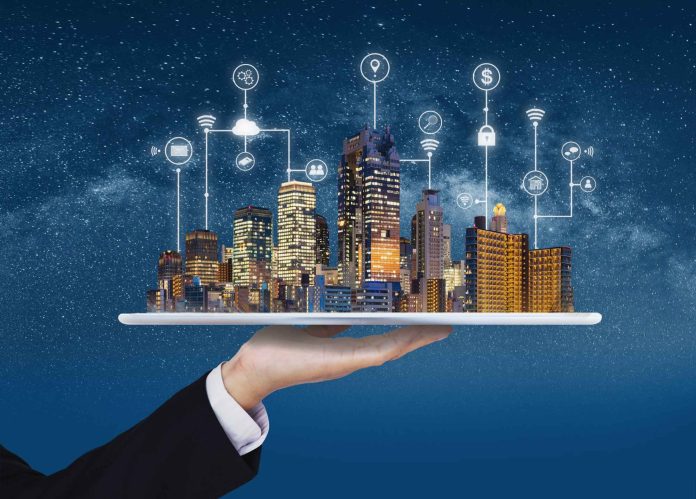As the global urban population grows, cities are facing immense pressure to modernize their infrastructure and services. Enter the concept of smart cities—urban areas that leverage advanced technology to improve sustainability, efficiency, and the overall quality of life. Smart cities are not just a futuristic vision but a practical necessity for addressing the challenges of urbanization.
Key Features of Smart Cities
- IoT Connectivity:
Smart cities rely heavily on the Internet of Things (IoT), where interconnected devices collect and share data to optimize city operations. Sensors monitor traffic flow, adjust street lighting, and manage utilities like water and electricity, reducing waste and improving efficiency. - Sustainable Energy Solutions:
To combat climate change, smart cities integrate renewable energy sources like solar panels and wind turbines. Smart grids further enhance energy management by distributing electricity based on real-time demand, minimizing wastage. - Efficient Waste Management:
Traditional waste collection systems often operate on fixed schedules, regardless of actual need. Smart waste management uses IoT sensors in trash bins to alert authorities when they are full, ensuring timely collection and reducing environmental impact. - Smart Transportation Systems:
Smart cities focus on reducing traffic congestion and pollution through intelligent transportation systems. AI-powered traffic lights optimize flow, while public transport apps provide real-time updates to commuters.
Global Examples of Smart Cities
- Singapore:
Singapore’s Smart Nation initiative has made it a leader in smart city innovation. The city-state uses real-time data to improve urban planning, enhance public services, and maintain safety. Autonomous vehicles and cashless payments are already a reality in Singapore. - Barcelona:
Barcelona’s smart lighting system saves energy by adjusting brightness based on activity levels. The city also uses IoT technology to monitor air quality, traffic, and waste collection, making it one of Europe’s greenest cities. - Dubai:
Dubai’s Smart City project integrates blockchain technology for secure transactions and efficient government services. AI and IoT applications are used to enhance tourism, transportation, and urban planning.
The Road Ahead
While smart cities offer significant benefits, they also face challenges such as high implementation costs, cybersecurity threats, and concerns about data privacy. Governments must strike a balance between leveraging technology and protecting citizens’ rights. By prioritizing sustainability and inclusivity, smart cities can lead the way in creating a better future for urban living.
